Chestnut honey
Nutritional Value per 100gr
Energy 1339kJ/314kcal
Fat 0g – of which saturated 0g
Carbohydrates 80g – of which sugars 78g
Edible Fiber 0g
Protein 0.25g
Salt 0.03g
mindyourplate
Chestnut honey is another treasure of the Greek land and of the Mediterranean in general, a special and very energizing honey, a valuable product except in Greece, Italy, France and Switzerland, where in the temperate mountainous regions between 300 and 1200 meters there are whole chestnut forests. In our country, the regions that can be proud of good chestnut honey are Central Macedonia (Mount Athos), Crete, Thessaly, Epirus and Arcadia.
Unlike many other honeys, chestnut honey has a color that varies from yellow-brown to almost black, with very dark and intense amber hues. Its smell is aromatic and woody and the complex taste, clearly distinct, is much less sweet, with a bitter aftertaste – which can also be appreciated in savory dishes of meats and aged cheeses – while it is not suitable for replacing sugar in drinks.
The honey from the unique chestnut tree is very special. And this, because even though it is considered flower honey, it actually comes from both nectar and honey secretions. Its color varies from yellow-brown to almost black, with very dark and intense amber shades.
Chestnut honey is an excellent source of protein, B and C vitamins and minerals such as manganese, potassium, calcium and iron. Like all honeys, chestnut honey has anti-inflammatory and antibacterial properties. This honey has anti-inflammatory and antibacterial properties superior to those of honeys with a finer color and flavor.
Chestnut honey has extremely high antioxidant capacity and contains very high levels of phenolic acid. This property makes it a very important food and able to help fight the harmful effects of free radicals caused by pollution, smoke, pesticides, sunlight, drugs and metabolic processes in our body.
A diet rich in antioxidant-neutralizing foods actually reduces the risk of developing many of the health problems associated with age and many chronic diseases, such as arthritis, cataracts, cancer, cardiovascular disease, and diabetes. premature aging of the skin. Also, thanks to its emollient and lubricating properties, it can be used against respiratory infections, persistent coughs and sore throats. In addition, it has a beneficial effect on digestive problems and is used to treat stomach ulcers and to stimulate the secretion of bile.
TASTE: It is quite thick with a very intense, strong, bitter and lasting taste. A small proportion can overpower the taste of other honeys.
PRODUCTION REGIONS: K. Macedonia, Thessaly, Epirus, Crete, Arcadia.

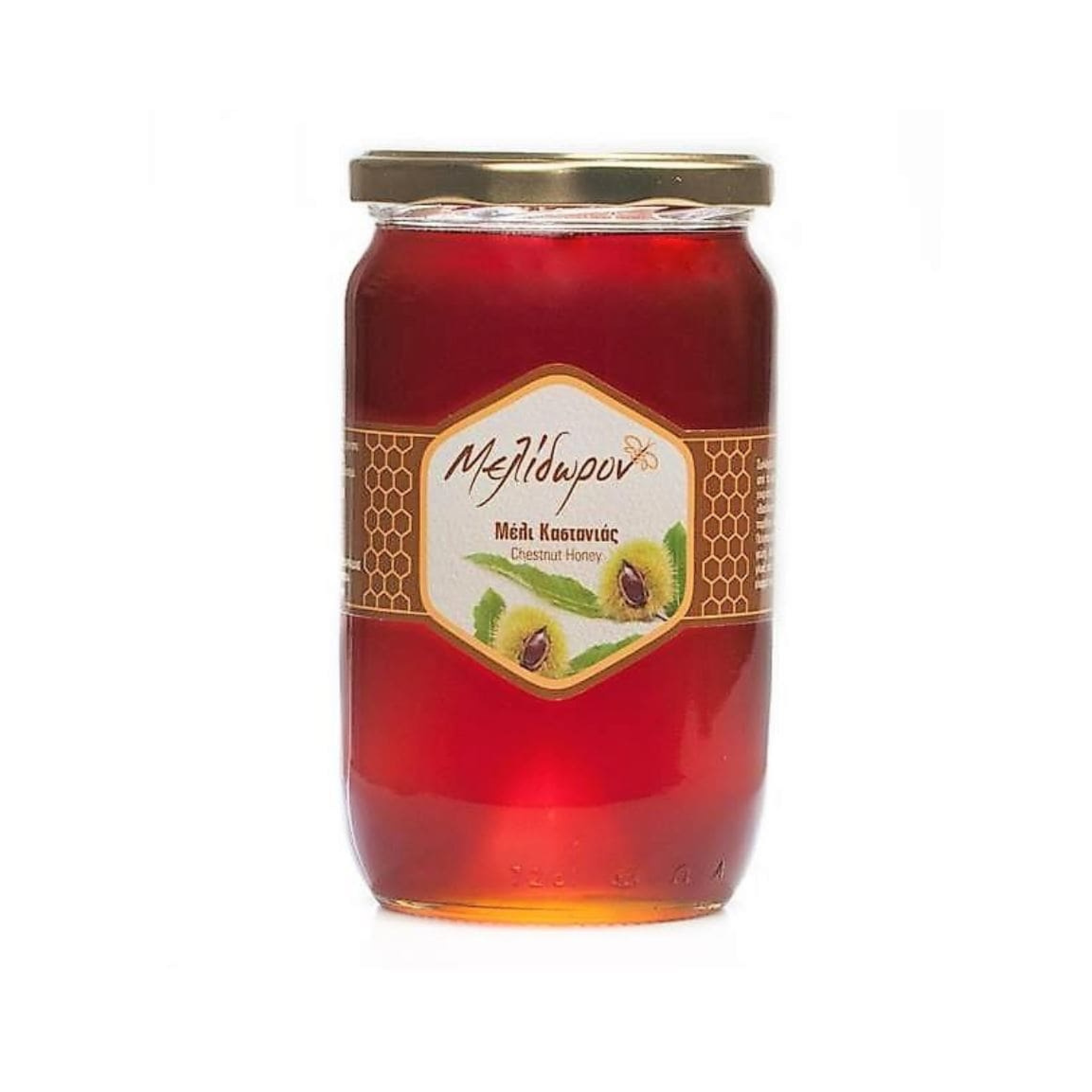
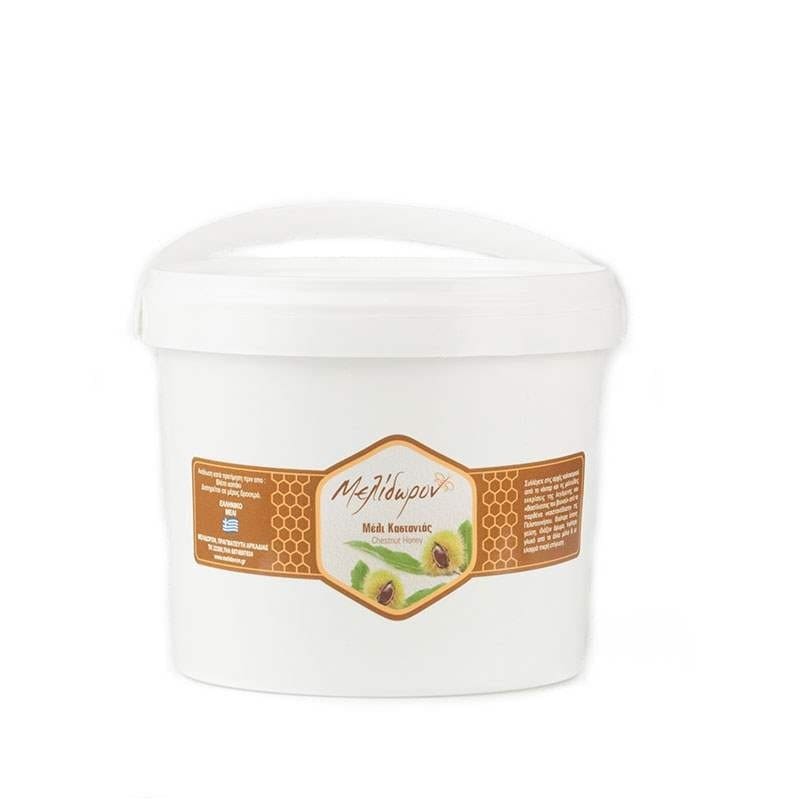
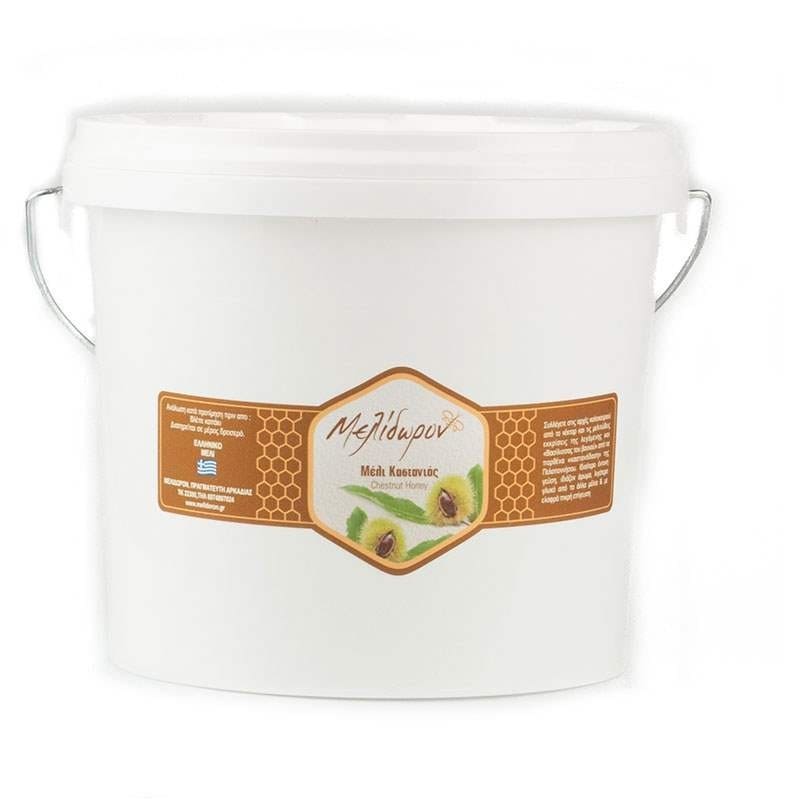
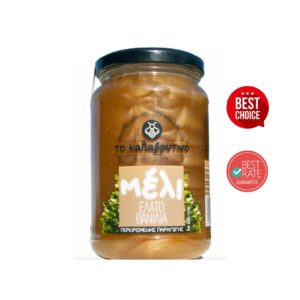









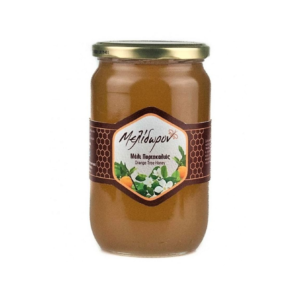

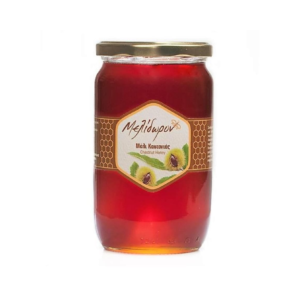
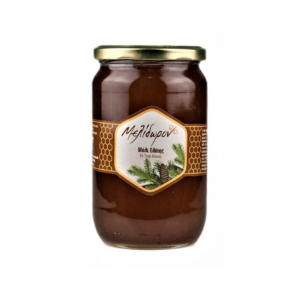
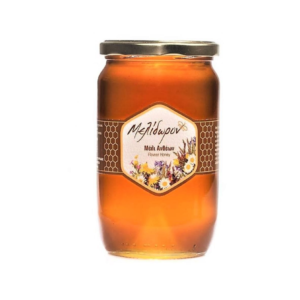
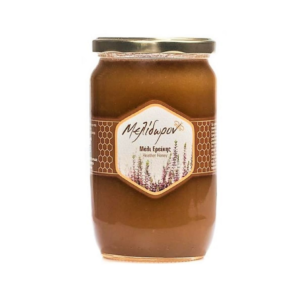
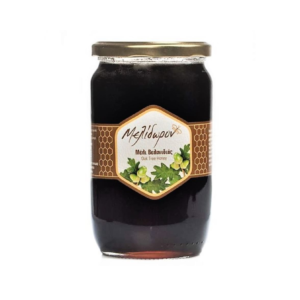
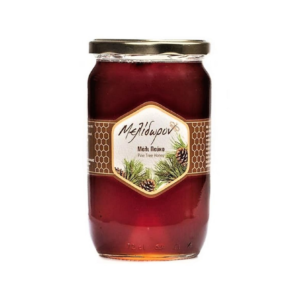
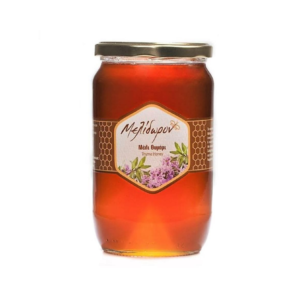
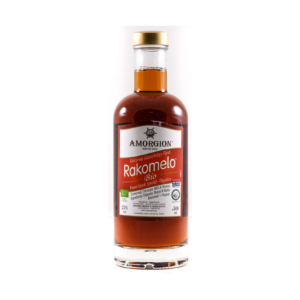
Reviews
There are no reviews yet.